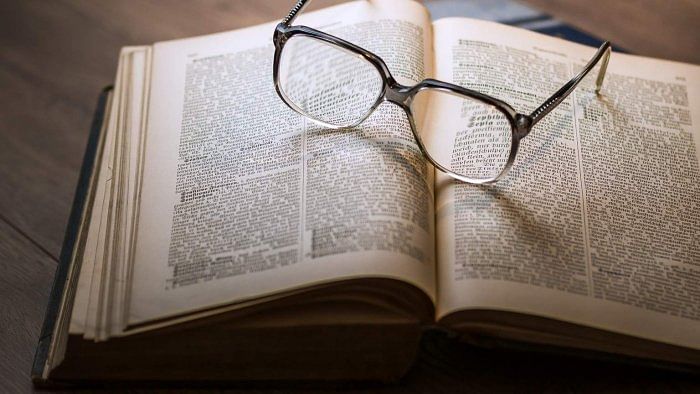
Medieval Kannada texts from Bengaluru and Dharvad, Ahom Buranji records from Guwahati, and ancient Marwadi texts from Chopasni, are among the 150 repositories of regional texts that the Centre is digitising to make it accessible for all. The Indian Council of Historical Research is making a digital repository of all regional pandulipis (medieval manuscripts) which will be up on the institute’s portal soon.
Officials from ICHR said that, to this end, on January 2 they are signing a final memorandum of understanding with the Chhatrapati Shahu Maharaj Centre For Studies Of Maratha History for medieval Maratha texts, running into over 1.5 terabytes. The institute has already penned a letter of intent with the Bengaluru-based Mythic Society for digitising medieval Kannada texts, as well as texts of different languages of Karnataka. The Mythic Society, officials said, has an understanding with the University of Dharwad for the exchange of manuscripts in vernacular languages, which will be part of the ICHR’s digitising efforts.
The ICHR will also digitise Ahom Burunji records from Assam, Tibetan texts from the Namgyal University from Sikkim, and Sanskrit texts from Kashmir. In Rajasthan, the ICHR is acquiring Rajasthani, Madwadi and Sanskrit texts from Mehrangarh (which are already digitised) and Chopasni. And, another meeting for a similar MoU is slated on January 16 in Udaipur. Apart from that, as part of the digitised repository is science and technology texts in Sanskrit from Kerala. Officials said that conversations in this regard are ongoing with institutes from these regions.
ICHR member secretary Umesh Ashok Kadam said that all forms of texts – ancient, medieval and modern – in all Indian languages will be part of the digitised records.
“These texts are choses because they are not part of any archives, whether in Central or state libraries, archives, digitised records, etc. All these repositories are private ones, which have not been accessible to the public. The digital library for vernacular sources on Indian history and culture is to attract the Indian public to the host of information we have,” Kadam said. Once digitised, these repositories will be available for a nominal annual fee on the ICHR portal.
Once the texts are digitised, the ICHR plans to first digitise over 70,000 books in its physical library by February, after which these books will be sent to the ICHR’s regional centres in Bengaluru, Guwahati and Pune. Officials said the idea is to help students from semiurban and rural areas have access to these books.